Is your hobby taxable? Lessons from the Duhamel affair
Extra Junior Laguerre - December 23, 2022
You play poker or collect vintage motorcycles. Your passion becomes serious and suddenly you’re making money. Is this gain taxable? This is the $5M question put to the court in the Duhamel case.
To remember, in 30 seconds:
Jonathan Duhamel won his case and his winnings were not taxed;
Basically, the ruling determined that the poker winnings were mostly due to chance, and therefore, Jonathan wasn’t running a real business with his hobby;
The court analyzed several criteria that go much further than point #2. Read on!
From 2010 to 2012, Jonathan Duhamel earned $5,356,808 playing poker, most of which came from his victory in the 2010 World Series of Poker Main Event. The Canada Revenue Agency (CRA) asks him to pay tax on these gains. Of course, Duhamel objects, claiming that he’s not running a business, since chance plays an important role.
The central issue in this case is whether or not Duhamel was operating a business while playing poker from 2010 to 2012. The distinction is an important one. If it is concluded that he is carrying on a business, Duhamel will be required to pay tax on his earnings. Otherwise, no tax is payable.
The stage was thus set for Judge Dominique Lafleur of the Tax Court of Canada to comb through the specific facts of this case and analyze them by applying several criteria, namely: the intention to make a profit, the formation of Duhamel, the profit and loss statement, the ability to make a profit through poker, and the existence of a risk management and mitigation system.
In the end, the judge ruled in Duhamel’s favor, concluding that he was not running a business by playing poker. According to his analysis, his poker winnings from 2010 to 2012 “are mainly due to chance in the distribution of winnings and losses”. In short, the CRA failed to demonstrate that Duhamel conducted his business “as a serious businessman in the course of his poker activities”. Therefore, the gains of $5,356,808 are not taxable.
Reference: Jonathan Duhamel v. la Reine, 2022 CCI 66
To remember
If you earn large sums of money from a hobby such as poker, investing in the stock market, buying and selling bitcoin, collecting art, etc., the CRA or Revenu Québec cannot restrict their analysis solely to this item to force you to pay tax on these earnings. They will have to demonstrate that you earn business income following analysis of your profit intent, training, profit capacity, etc. You should also remember that your case is unique. The conclusion of Duhamel’s case does not necessarily apply to your situation. Before agreeing whether or not to pay tax on your hobby’s earnings, a thorough analysis is in order. If this applies to your situation, you certainly won’t be wasting your time consulting your favourite tax lawyer!
Please share:
255 Saint-Jacques Street, Montreal, Quebec, H2Y 1M6
(514) 419-1373
[email protected]

